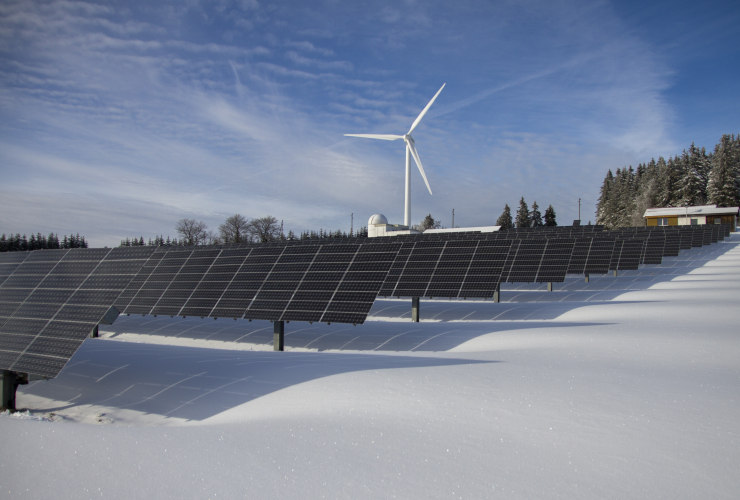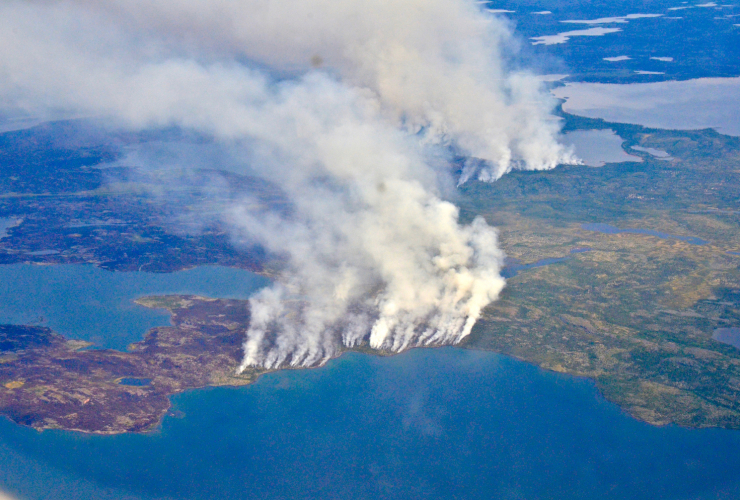Ontario makes plans to expand its electricity grid as demand soars
The government of Ontario is increasing energy procurement targets by 50 per cent, the province’s largest ever energy procurement expansion. The push is critical to keep up with the soaring demand for electricity.
















